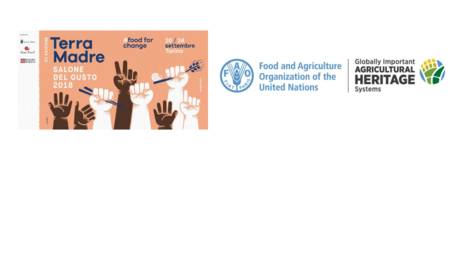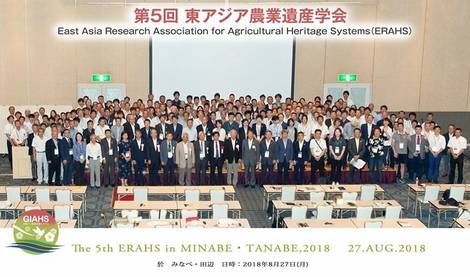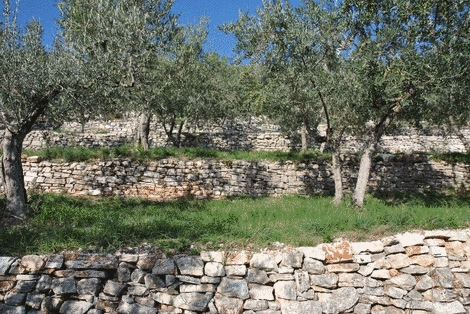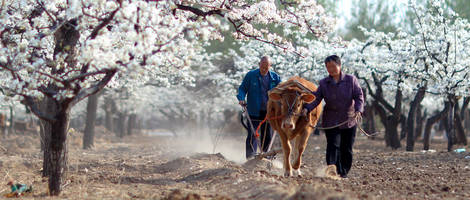Participation in Origins, Diversity and Territories Forum and Terra Madre SlowFood events
11 September 2018
11 September 2018

We are glad to announce our participation in the Origins, Diversity and Territories (ODT) Forum and the Salone del Gusto – Terra Madre in Turin, Italy.
GIAHS Secretariat has actively worked for the co-organization of a workshop taking place during the ODT Forum in Turin from the 19th to the 21st of September. In the workshop 5 we co-organize, traditional farming and valorisation of local products in remoted and rural areas...

Minabe-Tanabe GIAHS Promotion Association, Japan
The 5th Conference of the East Asia Research Association for Agricultural Heritage Systems (ERAHS) was held from 26th to 29th August 2018 in Wakayama Prefecture Minabe-Tanabe region, Japan, home to the "Minabe and Tanabe Ume System" which was designated as GIAHS, .
ERAHS, originated from the concept by United Nations University (UNU), was established by the proposal of China to promote exchanging academic exchanges amongst designated GIAHS sites in China, Japan...

With the support of the Japanese government, FAO has created a short movie to explain what is GIAHS.
The video introduces what GIAHS is, how many sites are designated, and explains how they are recognized, taking one example of Wakayama prefecture in Japan. Not only does the video illustrate the process to the recognition, it also highlights the importance of conservation, passing it on to the future generations.
YouTube link to the...

In occasion of the 7th meeting of the GIAHS Scientific Advisory Group (SAG), from 2nd to 4th July 2018, 2 new agricultural systems in Italy, first site for the country, and in Republic of Korea were approved and designated as Globally Important Agricultural Heritage Systems:
- Geumsan traditional ginseng agricultural system, the Republic of Korea
- Olive groves of the slopes between Assisi and Spoleto, Italy
Click the names of the sits to discover the...
Les 14 nouveaux sites du patrimoine agricole
17 April 2018
17 April 2018

Depuis 2016, quatorze nouveaux sites ont été inscrits parmi les Systèmes Ingénieux du Patrimoine Agricole Mondial, y compris les premiers en Europe. Comme pour les autres sites inscrits, ces systèmes mettent en évidence les traditions agricoles qui favorisent le développement durable, la sauvegarde de la biodiversité et la protection de l’environnement tout en soutenant le développement économique et social nécessaire aux moyens de subsistance stables et décents.
Les 14 nouveaux sites...


